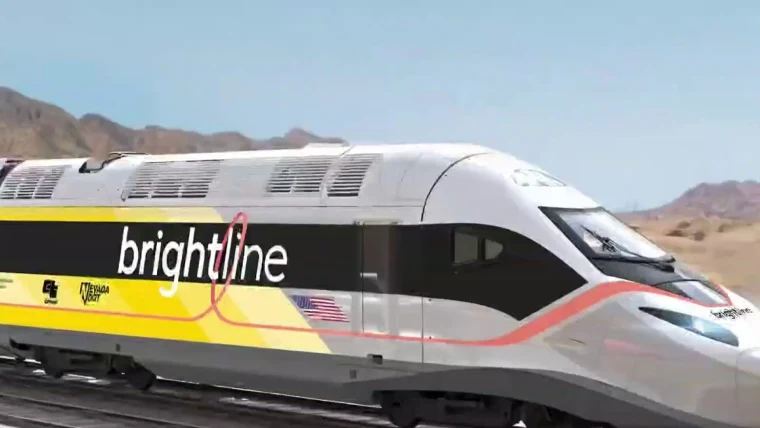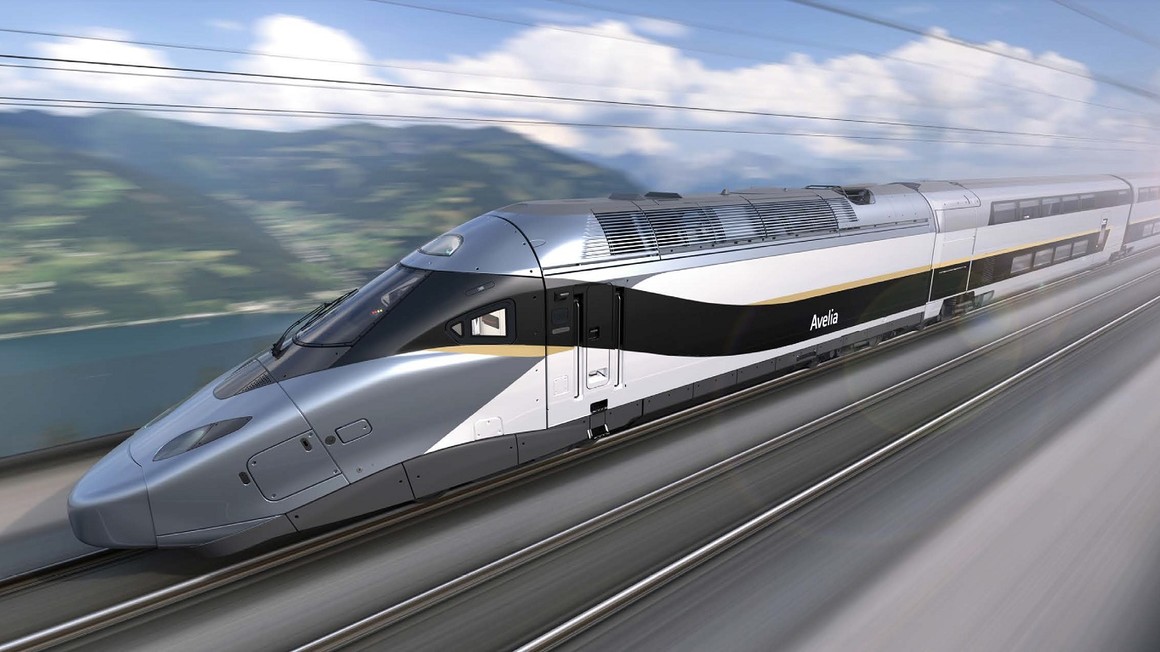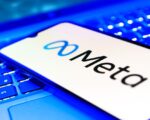Elon Musk’s ambitious vision of a hyperloop, proposing lightning-fast travel between Los Angeles and San Francisco, arose from his discontent with California’s proposed high-speed rail system, as outlined in his 2013 white paper. However, a decade later, the closure of Hyperloop One, one of the most prominent startups pursuing Musk’s concept, coincided closely with the Biden administration’s announcement of a substantial $6 billion allotment for high-speed rail initiatives in California.
This development signifies a significant victory for advocates of public transit, particularly those championing comprehensive rail improvements. Yet, this success is not devoid of complications. Numerous cities and states, enticed by hyperloop promises, found themselves in a state of uncertainty when such endeavors faltered. The collapse of Arrivo in 2018 left entities like Colorado’s Department of Transportation unaware of the company’s demise, echoing similar experiences across various regions lured by the hyperloop’s potential.
Although several hyperloop projects persist globally, the United States is refocusing efforts on enhancing its rail system, emphasizing faster trains. Among these initiatives, Brightline stands out, expanding its Florida service to Orlando and embarking on constructing what it touts as “the nation’s first true high-speed rail network” between Los Angeles and Las Vegas. This endeavor, receiving a significant portion of the recent federal funding announcement, anticipates breaking ground in early 2024.
However, the resurrection of high-speed rail faces formidable obstacles beyond financial concerns, including entrenched issues stemming from deregulation and the inherent challenges of large-scale project management. Notably, a substantial portion of the federal funding goes to the high-speed rail project that originally sparked Musk’s opposition in California.
The potential resurgence of high-speed rail prompts speculation about a potential clash with Elon Musk. Nevertheless, Musk’s attention has veered elsewhere since his 2013 white paper, seemingly disregarding his hyperloop proposals except for occasional mentions or announcements, none of which materialized into substantial projects.
Having distanced himself from hyperloop pursuits, Musk’s apparent disengagement now raises questions about whether he will recommit to realizing his vision or allow the concept’s fate to linger uncertainly following Hyperloop One’s closure.











